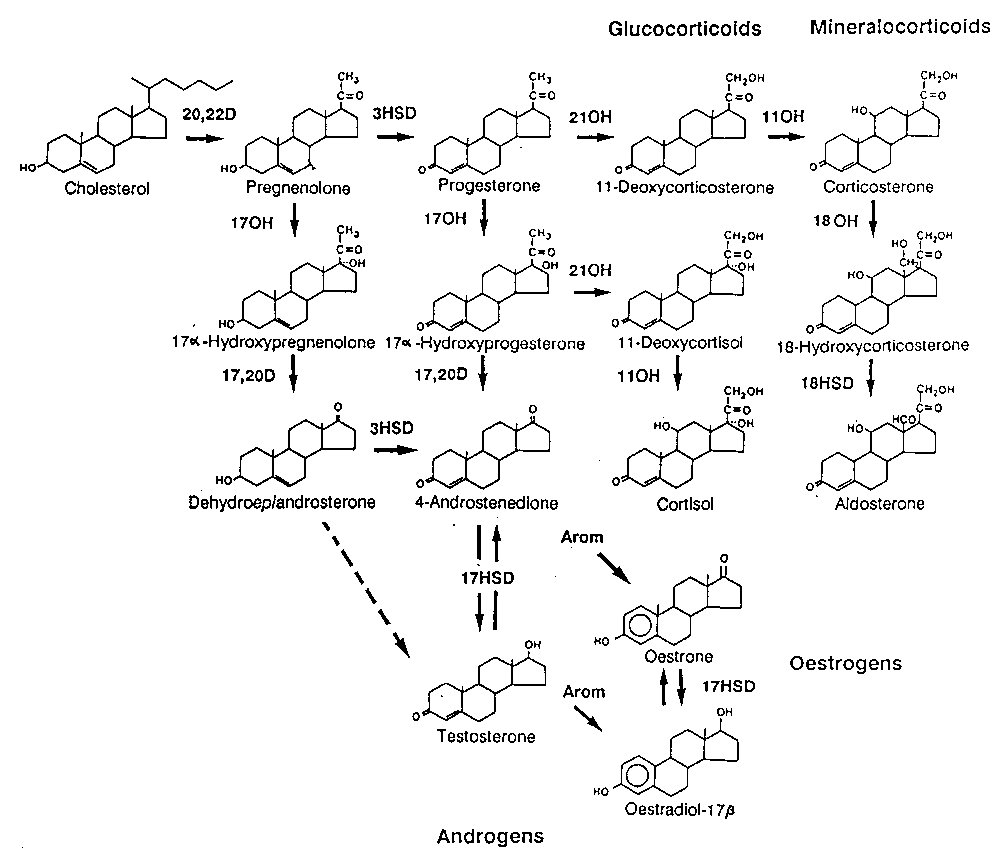Sugar can literally IMPROVE diabetes & insulin resistance.
Countless studies have shown this, despite what the mainstream media will tell you.
BUT there's one caveat you need to know.
Let's get into the science:
Countless studies have shown this, despite what the mainstream media will tell you.
BUT there's one caveat you need to know.
Let's get into the science:
https://x.com/Outdoctrination/status/1987557682673230330

100 grams of fructose improves insulin resistance.
Fructose is half of what constitutes table sugar (sucrose), and what distinguishes it from starch.
On a 20% fructose diet, diabetics had:
⦿ LOWER morning blood sugar
⦿ REDUCED HbA1c
in comparison to a high starch diet.
Fructose is half of what constitutes table sugar (sucrose), and what distinguishes it from starch.
On a 20% fructose diet, diabetics had:
⦿ LOWER morning blood sugar
⦿ REDUCED HbA1c
in comparison to a high starch diet.

Sugar lowers blood sugar with a meal.
Here, using a small (7.5g) amount of fructose improved the amount of glucose that could be metabolized,
while also reducing insulin response.
The classic signs of improved insulin sensitivity.

Here, using a small (7.5g) amount of fructose improved the amount of glucose that could be metabolized,
while also reducing insulin response.
The classic signs of improved insulin sensitivity.


Pure fructose added to the diet improves blood sugar + insulin levels.
Here's another study using 85-110g of fructose a day in normal meals for 2 weeks in diabetics.
Once again we can see the REDUCTION in both insulin and glucose with meals throughout the day.
Here's another study using 85-110g of fructose a day in normal meals for 2 weeks in diabetics.
Once again we can see the REDUCTION in both insulin and glucose with meals throughout the day.

Replacing a quarter of the carbs in the diet with pure fructose improves blood sugar.
Another study, same story.
By the way, none of these studies show increases in weight either.
Another study, same story.
By the way, none of these studies show increases in weight either.

Many people don't realize this, but the primary reason that blood sugar remains elevated in diabetes is due to increased production by the liver.
Insulin normally inhibits this process, but in insulin resistance this doesn't happen.
Fructose prevents the production of glucose in diabetics.
Insulin normally inhibits this process, but in insulin resistance this doesn't happen.
Fructose prevents the production of glucose in diabetics.

Another study here showing that swapping 30% of the carbs in the diet for pure fructose LOWERS fasting blood sugar.
Also reduces A1C.
Also reduces A1C.

Fructose is metabolized differently from ordinary glucose, which gives it these unique properties to improve glucose metabolism.
1. Fructose is not insulin dependent - it does not trigger insulin secretion like other carbs. Thus, you can metabolize it without any insulin sensitivity.
2. Fructose bypasses key regulatory steps in normal carbohydrate metabolism, making it quicker and easier to get energy from without being inhibited
3. Fructose 1-phosphate, a compound unique to fructose breakdown, stimulates various enzymes in the metabolism of glucose, helping cells generate energy from it.
All of this makes fructose a catalyst of glucose metabolism.
1. Fructose is not insulin dependent - it does not trigger insulin secretion like other carbs. Thus, you can metabolize it without any insulin sensitivity.
2. Fructose bypasses key regulatory steps in normal carbohydrate metabolism, making it quicker and easier to get energy from without being inhibited
3. Fructose 1-phosphate, a compound unique to fructose breakdown, stimulates various enzymes in the metabolism of glucose, helping cells generate energy from it.
All of this makes fructose a catalyst of glucose metabolism.

The KEY is to not OVERFEED.
If you are gaining weight, under stress, or adding sugar on top of your existing maintenance diet, then the advantages of fructose become negatives.
Its quick and unregulated metabolism make it a prime candidate to generate fat from.
However, these studies have all clearly shown that when sugar is a part of your normal diet, again, not added on top of your diet, has some awesome metabolic benefits.
If you are gaining weight, under stress, or adding sugar on top of your existing maintenance diet, then the advantages of fructose become negatives.
Its quick and unregulated metabolism make it a prime candidate to generate fat from.
However, these studies have all clearly shown that when sugar is a part of your normal diet, again, not added on top of your diet, has some awesome metabolic benefits.
If you enjoyed this thread, we take the same creative science-based approach to help people every day with an individualized approach. Schedule a free call here and we’ll help you too: go.prism.miami/consultation
SOURCES
diabetesjournals.org/care/article/3… review, 9-15 and each of their references
pubmed.ncbi.nlm.nih.gov/1468273/ fasting BG
sci-hub.se/10.1210/jcem.8… ogtt
sci-hub.se/10.2337/diacar… ogtt 3
sci-hub.se/10.1111/j.1464… ogtt 4
sci-hub.se/10.1016/j.clnu… catalytic
pubmed.ncbi.nlm.nih.gov/11872657/ prevents gng
pubmed.ncbi.nlm.nih.gov/20420752/ glycogen
pubmed.ncbi.nlm.nih.gov/2527132/ fasting
sci-hub.se/10.1016/0002-9… fasting
sci-hub.se/10.1111/j.1365… fasting + insulin sensitivity
Mechs:
increases glucokinase / glucose phosphorylation faseb.onlinelibrary.wiley.com/doi/epdf/10.10…
Stimulates PFK1 / PDH
Increases glycogen
diabetesjournals.org/care/article/3… review, 9-15 and each of their references
pubmed.ncbi.nlm.nih.gov/1468273/ fasting BG
sci-hub.se/10.1210/jcem.8… ogtt
sci-hub.se/10.2337/diacar… ogtt 3
sci-hub.se/10.1111/j.1464… ogtt 4
sci-hub.se/10.1016/j.clnu… catalytic
pubmed.ncbi.nlm.nih.gov/11872657/ prevents gng
pubmed.ncbi.nlm.nih.gov/20420752/ glycogen
pubmed.ncbi.nlm.nih.gov/2527132/ fasting
sci-hub.se/10.1016/0002-9… fasting
sci-hub.se/10.1111/j.1365… fasting + insulin sensitivity
Mechs:
increases glucokinase / glucose phosphorylation faseb.onlinelibrary.wiley.com/doi/epdf/10.10…
Stimulates PFK1 / PDH
Increases glycogen
• • •
Missing some Tweet in this thread? You can try to
force a refresh

























